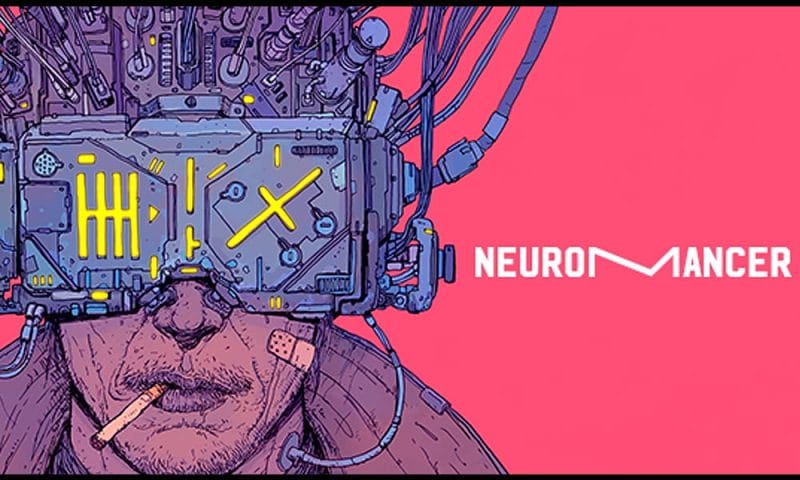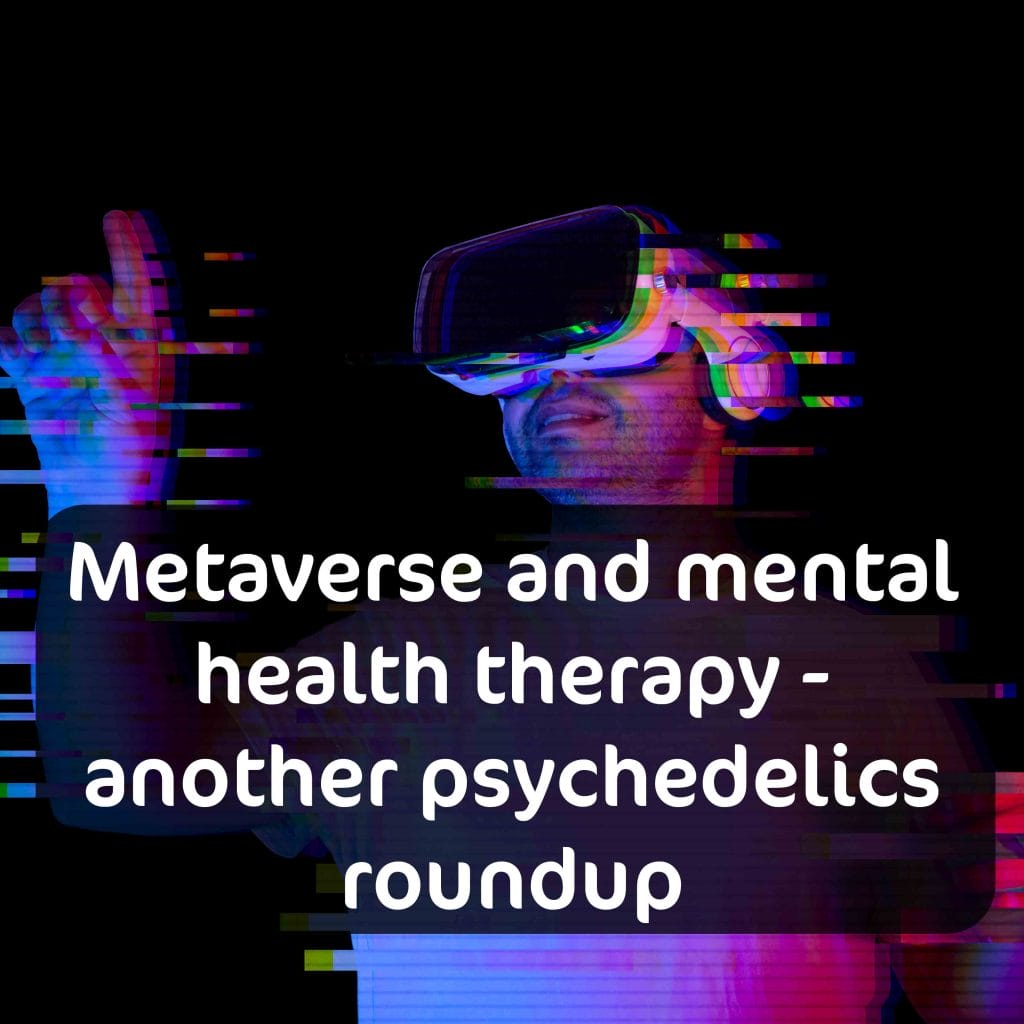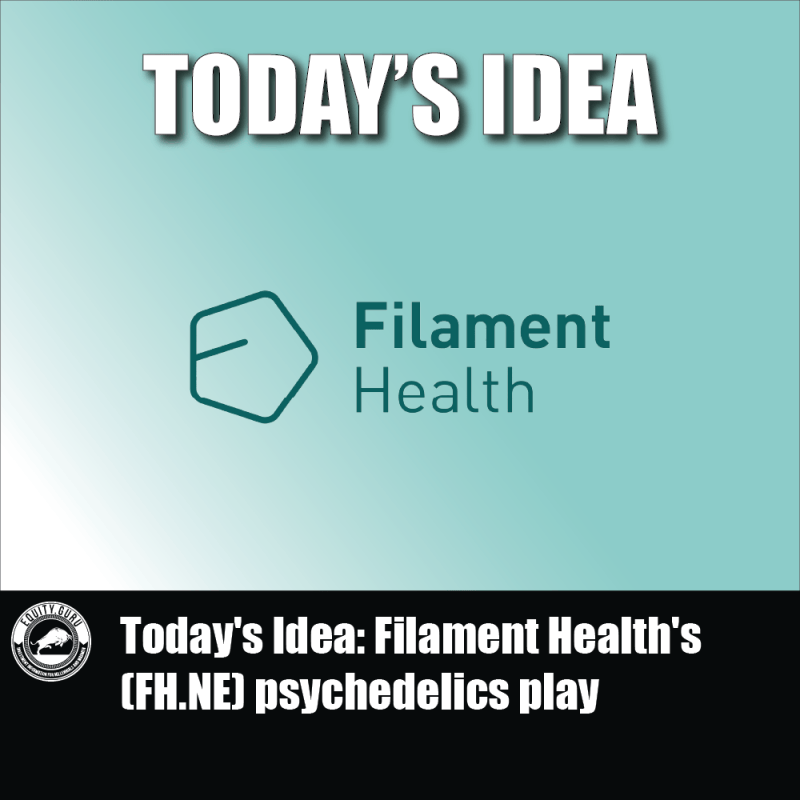Back in October, Zuckerberg, seeing plunging user numbers and fading growth, desperately renamed Facebook, once the world’s foremost purveyor of misinformation and unethical aggregator of personal data, to Meta, a cheap attempt to corner the narrative on the emerging immersive digital world known as the Metaverse.
Zuckerberg’s ham-handed metaverse platform, Horizon Worlds, is just the latest incarnation of a concept that was first introduced to our collective cultural consciousness in 1984 by William Gibson in his seminal science fiction novel, Neuromancer.

Cyberspace morphed in Metaverse in 1992 with Neal Stephenson’s landmark literary offering, Snow Crash, and the idea of interacting in a magical world with avatar representatives and artificially intelligent beings took further shape as the internet and our imagination progressed.
The wonder of a digital alternative reality was touted by futurists as the last best frontier of humanity, modernizing communication, research, commerce, medicine, science, and culture without ever having to leave your chair. However, there are considerable challenges and drawbacks that need to be addressed first and with so much to consider, is there any overall good left in the venture?
It isn’t real!
First and most concerning, is the decided lack of physical reality. We have grown used to plugging into social media as shortcut to real human interaction. Twitter, Instagram, Facebook, and the countless other social platforms that litter the online landscape, were supposed to eliminate the distance between us, allow us to connect with friends around the globe, keep in touch with childhood buds that would have otherwise faded into memory. Instead, it created a digital wall of demo reel profiles, unreal expectations and radicalization based on oceans of misinformation.
Only now are regulators examining the damage done by commercializing personal data, monopolizing user’s time, and raging waves of artificially induced FOMO. Happily, back in October, European politicians called for an official investigation into Facebook after a whistleblower alleged the online giant prioritized profit over public good by actively stoking polarization while doing little to police extremist elements and misinformation.
Since then, the EU has tightened its grip on social media and recently announced it was tabling legislation that would require data processing service providers to set up safeguards against illegal data transfers to non-EU governments. If Facebook cum Meta is unable to bring data home to the U.S. where it can capitalize on the addiction of its users, it has threatened it will pull up stakes in the EU. Politicians behind the legislation said they would welcome Zuckerberg’s departure.
It’s too ‘real’
Video game designers relish the potential for creating immersive experiences for gamers the world over, but bringing this level of disconnection introduces a whole new set of dangers. I’ve wiled away the hours on weekends and evenings using my Playstation 4 to run through ruins infested with murderous zombies in the hopes of shooting as many as possible before being ambushed and devoured.
Even with knowing the action was on-screen and I was safely in my living room, I jumped, my heart skipping a beat when one of those rotting bastards jumped out of the woodwork to claim my life. Imagine the effect if my mind was subconsciously convinced my video game was my physical reality, instead of a start, it might become a full-blown panic-attack which could be detrimental both physically and mentally.
A study published by ANSES, who operates a network and reference laboratories in France, stated that VR/AR gamers’ sessions typically lasted more than one hour and were subject to virtual reality sickness coming out. Plus, sensory and motor control capabilities were significantly impacted after use, and people with epilepsy had to be careful as temporal modulation of light emitted by the LED goggles could trigger seizures. There is no data yet on long term impacts of AR/VR use.
It’s unreal
Everyone is familiar with the term catfish when it comes to dating apps and social media. The avatar world of the metaverse is the last leap into the great unknown when it comes to your identity. You can be whoever you want and sound however you like. You might consider this freeing, but on a societal level, it breeds a general sense of distrust.
This is where the metaverse meets mental health therapy.
Miami-based startup, Ei.Ventures announced January 10, 2022, that it had acquired 12×12 Estate in The Sandbox, a virtual metaverse where players can build, own and monetize their virtual experiences. The virtual plot, the third largest ‘land’ purchase in the metaverse, cost $2.22 million and will be known as PSLY.COM, the name of the soon-to-be-merged company of Ei.Ventures and Mycotopia Therapies.
Ei.Ventures and Orthogonal Thinker CEO David Nikzad, wants to take psychedelic therapy into the Metaverse in the next 36 months. Exact plans for the ‘property’ have yet to be finalized.
Revitalist Lifestyle and Wellness (CALM.C) is a Vancouver-based psychedelics company that announced back in November that it had executed a binding LOI with Metachain Technologies to develop virtual clinics in the metaverse with real time patients and mental health professionals.
The company intends to use 2022 to get a virtual clinic up and running, create a cryptocurrency token as well as create NFTs for a rewards program. The news release pointed to a peer-reviewed study at Oxford University which stated patients who used automated VR therapy experienced a 38% decrease in anxiety and avoidant symptoms over a six-week period.
Sounds impressive, but when you look at the success rates of in-person sessions, it wanes a little. For instance, in a 2013 study by the University of Ottawa, indicated that in CBT therapy of youth suffering from generalized anxiety disorder, 68.9% recovered to the point where the ceased to meet the criteria for a positive diagnosis. In those same studies, 46% of adults in the study showed clinical improvement.
Seems to me that doing it by wire is still significantly less effective as therapy is a human experience. Which brings me to my next point. A considerable portion of both diagnosis and treatment of mental health disorders rely heavily on visual and vocal cues. If patients are able to mask themselves behind an avatar, what’s the point?
My jaded point of view isn’t held by everyone, a California-based wellness and digital psychedelics platform, Tripp, announced at the beginning of February that it had acquired EvoIVR, a live meditation VR community boasting 40,000 participants.
So what’s real?
The psychedelics experience is best suited to the world in front of us as it is the reality we need to perceive in a different manner in order to adjust our behaviour, thoughts and physical reactions. Further removing our problems and placing them at a distance while we trip to carefully crafted digital unrealities, doesn’t bond us closer to our world.
My opinion, but if you’re going to go the psychedelics assisted therapy route, you’d be best to visit your local therapist and follow companies like Filament Health (FH.NEO), MindCure Health (MCUR.C) and MYND Life Sciences (MYND.C) as they are doing their work in a world we can see, taste and touch. I’ve been writing about the medical psychedelics space for a while now and I am convinced the metaverse and mental health don’t mix.
–Gaalen Engen
Full disclosure: Filament Health is an Equity.Guru marketing client.







